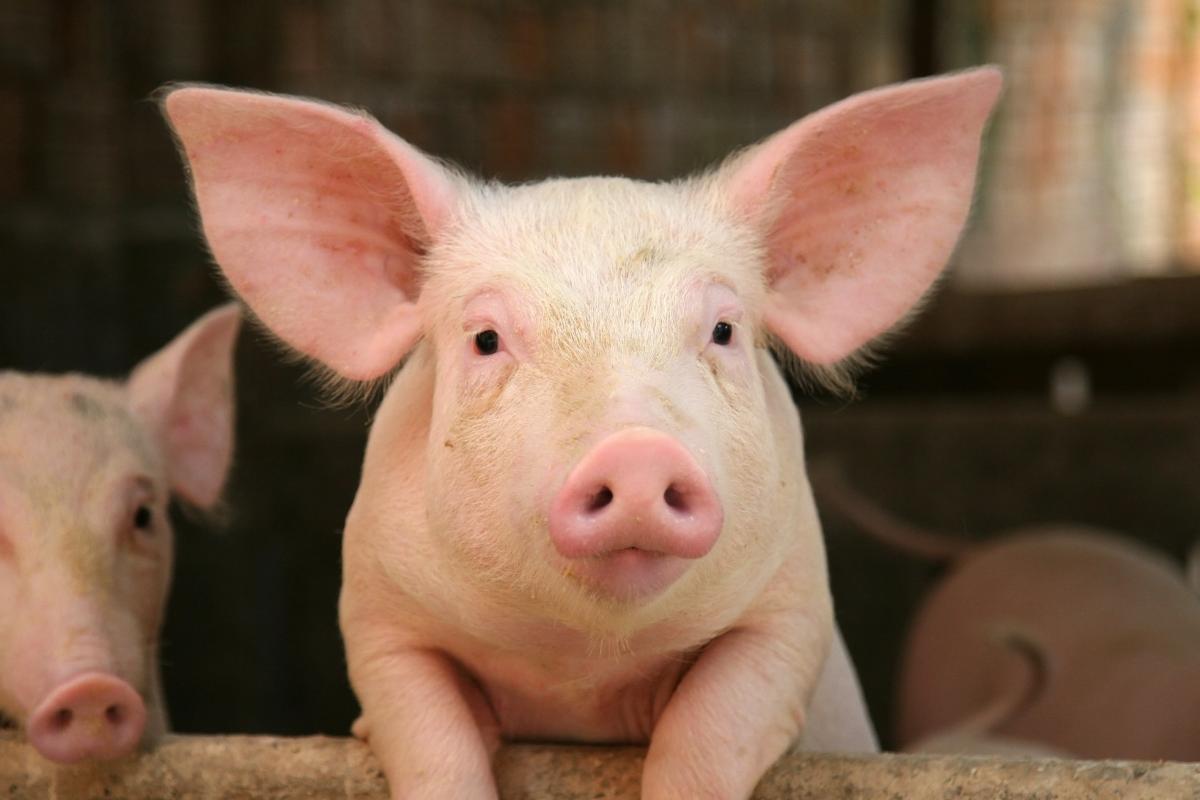Shareholders in Hormel Foods Corporation and Tyson Foods are set to vote in the coming weeks on requests for them to limit the use of antimicrobials on animals due to concerns over growing resistance to such drugs and the broader health and economic impacts that would have.
Hormel’s AGM is scheduled for January 31 and Tyson Foods’ for February 9.
In each case the proposal, co-filed by The Shareholder Commons and Amundi, asks that the board at issue ‘institute a policy that the company… comply with World Health Organization (WHO) guidelines on use of medically important antimicrobials in food-producing animals… throughout [the company’s] supply chains.’
In both of its supporting statements, the proponents write that over-use of antibiotics exacerbates antimicrobial resistance (AMR), which the WHO describes as ‘one of the top 10 global public health threats facing humanity.’
The proponents write: ‘AMR poses a systemic threat to public health and the economy. When the efficacy and availability of life-saving drugs are compromised, the entire economy suffers. And when the economy suffers, investors lose. By 2050, AMR could cause $100 tn in lost global production, thus lowering the economy’s intrinsic value.’
In the case of Hormel, the supporting statement reads: ‘While Hormel says it is reducing antibiotic use, its actions diverge from the WHO guidelines, which recommend that ‘farmers and the food industry stop using antibiotics routinely to promote growth and prevent disease in healthy animals’ and provide evidence-based recommendations and best practices.’
It adds: ‘Hormel’s decision not to prioritize broad AMR risks does not account for its diversified owners’ interests in optimizing public health, the economy and their long-term portfolio returns. By using medically important drugs beyond WHO guidelines, Hormel adds to the economic threat AMR poses to its diversified shareholders: reducing the economy’s intrinsic value will directly reduce diversified portfolios’ long-term returns.’
In Tyson’s proxy statement, The Shareholder Commons and Amundi write: ‘While Tyson has made laudable progress in eliminating antibiotics use in its chickens, its cattle and swine policies deviate from the WHO guidelines… As another company with a meat supply chain explained, robust AMR protections raise the ‘challenge of individual costs and widely distributed societal benefits’. But for diversified investors, the portfolio-wide costs associated with AMR are paramount.’
As with Hormel, the proponents explain their position on a macro level, stating that ‘Tyson’s decision not to prioritize broad AMR risks does not account for its diversified owners’ interests in optimizing public health, the economy and their long-term portfolio returns.’

BOARDS SAY ‘VOTE NO’
The board of each company is recommending that shareholders vote against the proposal.
Hormel’s board writes in its proxy statement that it ‘has determined that the company’s robust antibiotic stewardship commitments are comprehensive and meet or exceed standards established by governing authorities in the [US], including as directed by the United States Department of Agriculture and the United States Food and Drug Administration’s (FDA’s) standards, and thus the implementation of the request in the stockholder proposal would result in unnecessary expense to the company without sufficient benefit to the company and its stockholders.’
The board states that Hormel complies with the FDA’s industry guidance that stops the use of medically important antibiotics for growth promotion and has a supplier code of conduct that requires all suppliers to comply with Hormel’s animal stewardship policy, using antibiotics only when needed and under the direction of a veterinarian.
Although the company follows some WHO guidelines, ‘veterinarian experts advised… that certain WHO guidelines could cause unnecessary harm to animals that may need treatment for illness and this approach is inconsistent with the company’s animal welfare stewardship principles,’ the board writes.
Tyson’s board writes that ‘the policy and compliance requested by the proposal is unnecessary because the company has already instituted a policy on antibiotic use that addresses the WHO’s non-binding guidelines on the use of antimicrobials, including antibiotics, antivirals, antifungals and antiparasitics.
‘Given our current practices and disclosures, the board believes that the request set forth in the proposal would not provide material benefits or additional disclosure not already available to shareholders, and therefore that this proposal is not in the best interests of the company or its shareholders.’
The board states that Tyson Foods and its suppliers have standards to protect animal health and welfare, including an ‘ethical responsibility to treat animals within our care if they become sick’.
Among other things, it says guidelines issued by the WHO, World Organization for Animal Health and American Veterinary Medical Association don’t include a blanket recommendation against the use of antibiotics in animals.
Requests for comment from Tyson Foods and Hormel were not returned immediately.









